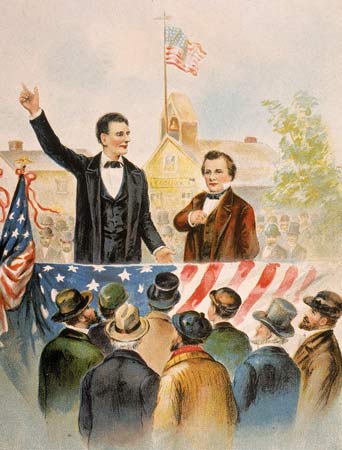Agents of Change
Part 3. Climate and Energy Series Two responses:
- This morning an NPR piece centered on carbon offsets asked: Isn't paying $50 to plant 18 trees to offset the carbon footprint of the flight you just took like putting a Band-Aid on a bullet wound?
I listened as I drove north on 101 toward Santa Barbara, with a clear view of 7-10 offshore oilrigs. My thoughts drifted to distaste as I thought of all the animals affected by the leakage, and then to the bigger picture of the eventual burning into the atmosphere of all that oil. Who do these people think they are? Don't they know about climate change? Don't they have compassion? Don't they care about our future?
I always seem to have those thoughts about the rigs while I’m driving. I don't know what I would do if I couldn't drive places each day. I take it for granted, I depend on it, it’s convenient, it’s kind of great. It’s also why those rigs are in the channel. I can't imagine the conversation about climate change changing, until I/we are willing to "be the change."
- I recently witnessed a conversation in which one person said she lies awake at night thinking about the Great Pacific Garbage Patch.
This floating 'island' of plastic – and the people who don’t care or notice – cause her insurmountable anxiety. "What are these people thinking,” she exclaimed? “Obviously they don't care about the earth the way I do. How do we inform people and teach them?"
The other person, who had listened compassionately and carefully, responded with a simple question: “Do you use plastic?”





